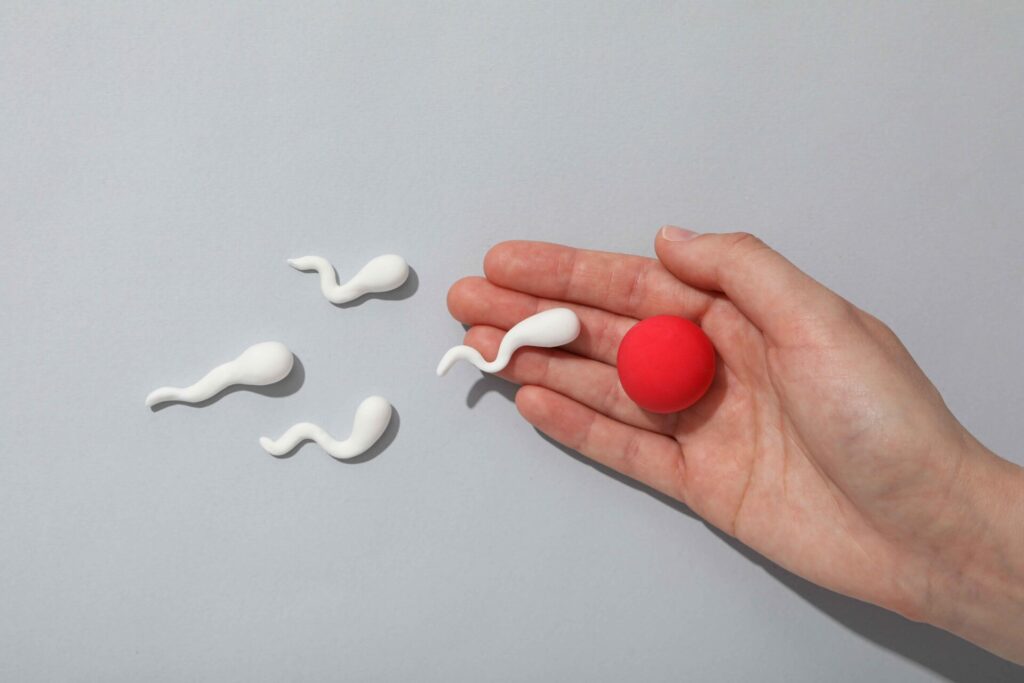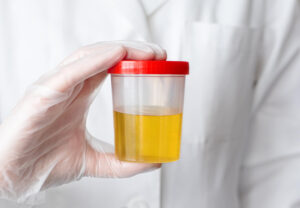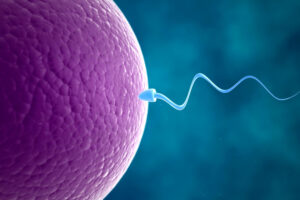Sperm health plays a crucial role in male fertility. When a man experiences sperm abnormalities, it can significantly reduce the chances of conception. These abnormalities can affect the shape, movement, or count of sperm, making it harder for them to reach and fertilize the egg. Understanding the types of sperm abnormalities, their causes, available treatments, and how they impact fertility can help couples take informed steps toward parenthood.
What Are Sperm Abnormalities?
Sperm abnormalities refer to issues in the size, shape, motility (movement), or number of sperm that can affect a man’s fertility. These abnormalities are usually discovered during a semen analysis, a standard fertility test.
Types of Sperm Abnormalities
There are different kinds of sperm problems, and each one can affect a man’s ability to have children differently.
1. Teratozoospermia (Abnormal Sperm Morphology)
This condition refers to sperm with an irregular shape or structure.
Examples include:
- Large or small heads
- Tapered or double-heads
- Bent, coiled, or multiple tails.
Abnormally shaped sperm may not penetrate the egg effectively, reducing the chance of conception.
2. Asthenozoospermia (Low Sperm Motility)
Sperm motility is the ability of sperm to swim toward the egg. In asthenozoospermia:
- Sperm move sluggishly or irregularly
- Many sperm are immotile.
Low motility reduces the chances of sperm reaching the egg in time.

3. Oligozoospermia (Low Sperm Count)
Men with oligozoospermia have a sperm concentration of fewer than 15 million per millilitre of semen.
Potential causes:
- Hormonal imbalances
- Genetic factors
- Testicular damage
A low count means fewer sperm are available to fertilize the egg.
4. Azoospermia (No Sperm Cells)
This is the absence of sperm in the ejaculate. Azoospermia can be:
- Obstructive: Caused by blockages in the reproductive tract
- Non-obstructive: Due to poor sperm production
Azoospermia is one of the most severe sperm abnormalities affecting conception.
5. Necrozoospermia (Dead Sperm)
In this rare condition, all sperm in the semen are non-viable or dead. Causes may include:
- Infections
- Exposure to toxins
- Prolonged abstinence
Dead sperm are incapable of fertilization.
Causes of Sperm Abnormalities
Sperm abnormalities can result from various lifestyle, medical, or genetic factors.
Common causes include:
- Smoking and alcohol consumption
- Exposure to environmental toxins
- Infections of the reproductive tract
- Undescended testicles or varicocele
- Hormonal disorders
- Use of anabolic steroids
- Radiation or chemotherapy
- Genetic abnormalities
Diagnosis and Testing
Key tests to diagnose sperm abnormalities include:
- Semen analysis (primary diagnostic tool)
- Hormonal blood tests (FSH, LH, testosterone)
- Scrotal ultrasound (to detect varicocele or blockages)
- Genetic testing (in case of azoospermia or severe oligozoospermia
Treatment Options for Sperm Abnormalities
The good news is that many sperm abnormalities are treatable. Treatment depends on the underlying cause and severity of the condition.
1. Lifestyle Modifications
Simple changes can improve sperm health significantly:
- Quit smoking and alcohol
- Avoid heat exposure (hot tubs, tight clothing)
- Maintain a healthy weight.
- Adopt a balanced diet rich in antioxidants.
2. Medications and Hormonal Therapy
Depending on the hormonal imbalance or infection, doctors may prescribe:
- Clomiphene citrate or hCG injections
- Antibiotics for infections
- Anti-inflammatory medications
3. Surgical Treatments
For physical blockages or varicocele, surgery may be required:
- Varicocelectomy to correct enlarged veins in the scrotum
- Vasovasostomy or epididymovasostomy for vas deferens blockages
- Testicular sperm extraction (TESE) in cases of non-obstructive azoospermia

4. Assisted Reproductive Techniques (ART)
ART is a powerful solution for couples facing severe sperm abnormalities.
a. Intrauterine Insemination (IUI)
This method is used when the sperm count or movement is slightly low. The sperm is cleaned and then placed directly into the woman’s uterus to help it reach the egg more easily.
b. In Vitro Fertilization (IVF)
Eggs and sperm are fertilized in a lab and transferred to the uterus.
c. Intracytoplasmic Sperm Injection (ICSI)
A single healthy sperm is injected directly into the egg. Best suited for:
- Severe morphology or motility issues
- Azoospermia (using extracted sperm)
Chances of Conception with Sperm Abnormalities
Fertility success rates vary depending on the type and severity of the sperm abnormalities and the chosen treatment.
Factors influencing conception include:
- Female partner’s age and fertility health
- Extent of sperm abnormality
- Duration of infertility
- Underlying cause (treatable vs. untreatable)
Success Rate Examples:
- Mild sperm abnormalities + IUI: 10–20% success rate per cycle
- Moderate to severe abnormalities + IVF: 30–40% success rate
- Severe abnormalities + ICSI: Up to 50% success rate
Example Case:
A couple where the male partner had oligozoospermia and low motility underwent ICSI. With just a few viable sperm, they achieved a successful pregnancy on the second IVF cycle.
Natural Ways to Improve Sperm Quality
While medical treatments are essential, natural support can enhance outcomes.
Recommended supplements:
- Zinc and folic acid
- Vitamin C and E
- Coenzyme Q10
- L-carnitine
These improve sperm count, morphology, and motility.
When to See a Fertility Specialist
If a couple has been trying to conceive for over 12 months (or 6 months if the woman is over 35) without success, a fertility evaluation is recommended. Men with known conditions such as undescended testicles, mumps, or chemotherapy exposure should seek an earlier assessment.
Consult an Expert at Boon IVF
Understanding and addressing sperm abnormalities is a vital step in overcoming male infertility. At Boon IVF, our fertility experts provide advanced diagnostics, personalized treatment plans, and compassionate care to help you achieve your dream of parenthood. Book your consultation today and take the first step toward building your family


